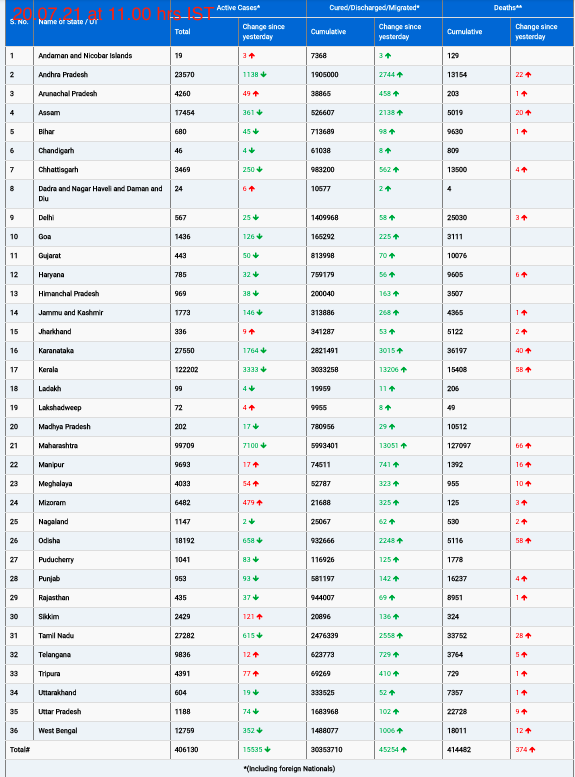In a groundbreaking study led by Mian Li, of the Department of Endocrine and Metabolic Diseases at the Shanghai Institute of Endocrine and Metabolic Diseases, Ruijin Hospital, Shanghai Jiao Tong University School of Medicine, a novel approach to managing type 2 diabetes (T2D) has emerged. The study, published online in Diabetes Care, unveils how a medically supervised energy-restricted diet, practiced just two days a week, could significantly lower blood glucose levels in adults grappling with overweight or obesity and T2D.
Innovative Methodology
Traditionally, daily calorie restrictions and increased physical activity have been the go-to methods for improving glycemic control and inducing diabetes remission. However, adherence to these approaches has proven challenging for many individuals. Seeking a more feasible alternative, researchers explored the efficacy of a 5:2 regimen—two days a week of either a very low-calorie formula diet or a “weekend warrior” physical activity pattern.
The IDEATE study enrolled 326 Asian participants with overweight or mild obesity and recently diagnosed T2D. Participants were randomly assigned to receive a diet intervention, an exercise intervention, or routine lifestyle education (control group) over 12 weeks. The diet intervention group followed an energy-restricted diet of 790 kcal/d on two days each week, while the exercise intervention group engaged in high-intensity interval training and resistance training twice a week.
Key Findings
After 12 weeks, the diet intervention group exhibited significantly greater reductions in A1c levels compared to the control group. Moreover, participants in this group were more likely to achieve diabetes remission. While the exercise intervention group also experienced benefits such as reduced adiposity and improved metabolic markers, the differences compared to the control group were not as pronounced.
Practical Implications
“The diet intervention group experienced a greater energy deficit with a more pronounced metabolic benefit,” stated the authors. These findings suggest that a medically supervised 5:2 energy-restricted diet could serve as a viable strategy for enhancing glycemic control in individuals with T2D.
Study Limitations and Disclosures
Despite the promising results, the study had limitations. Body composition analysis was conducted using bioelectrical impedance analysis, which may be less accurate than other methods. Additionally, blood glucose monitoring relied on finger-prick tests, which could have underestimated glucose fluctuations. Moreover, post-intervention adherence to the diet or exercise regimen was not monitored.
The study was supported by various research grants, and the authors declared no conflicts of interest.
Conclusion
This groundbreaking research underscores the potential of a medically supervised energy-restricted diet, practiced just two days a week, in managing T2D. As obesity and diabetes rates continue to rise globally, innovative approaches like the 5:2 regimen offer hope for improving health outcomes and reducing the burden of these chronic conditions.
For further details, the study published in Diabetes Care can be referred to.
Reference: Mian Li et al. (Year). “Title of the Study.” Diabetes Care, Volume(Issue), Page range.











